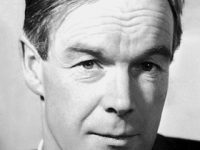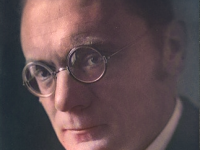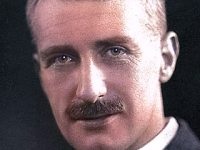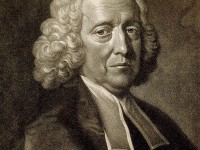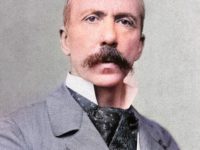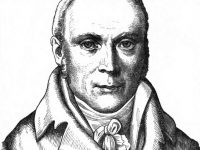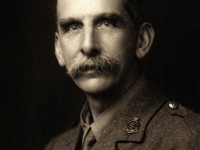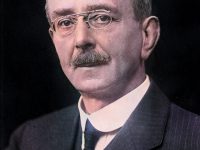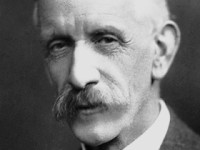Sir Alan Hodgkin and the Giant Axon of the Atlantic Squid
On February 5, 1914, English physiologist and biophysicist Sir Alan Lloyd Hodgkin was born. Hodgkin shared the 1963 Nobel Prize in Physiology or Medicine with Andrew Huxley and John Eccles for the discovery of the chemical processes involved in nerve conduction, more specifically, discoveries concerning the ionic mechanisms involved in excitation and inhibition in the peripheral and central portions of the nerve cell membrane. “In neurophysiology we have none of those vast tidal waves…
Read more

